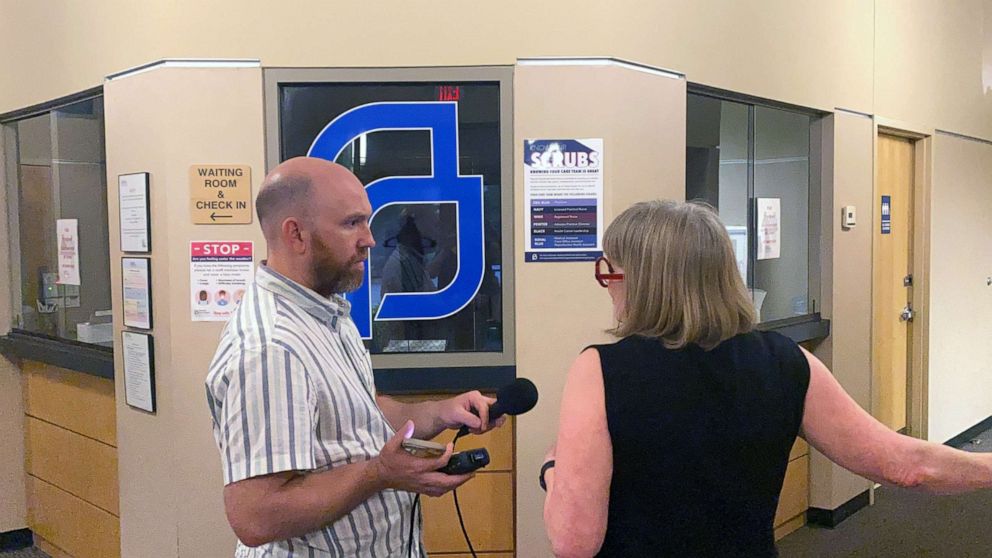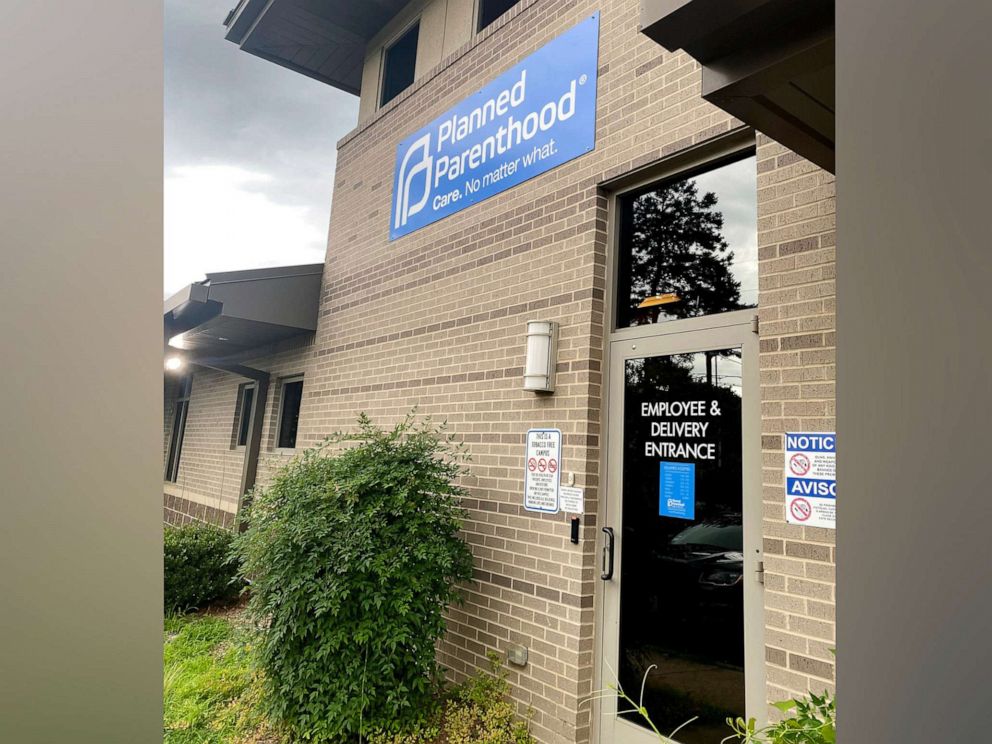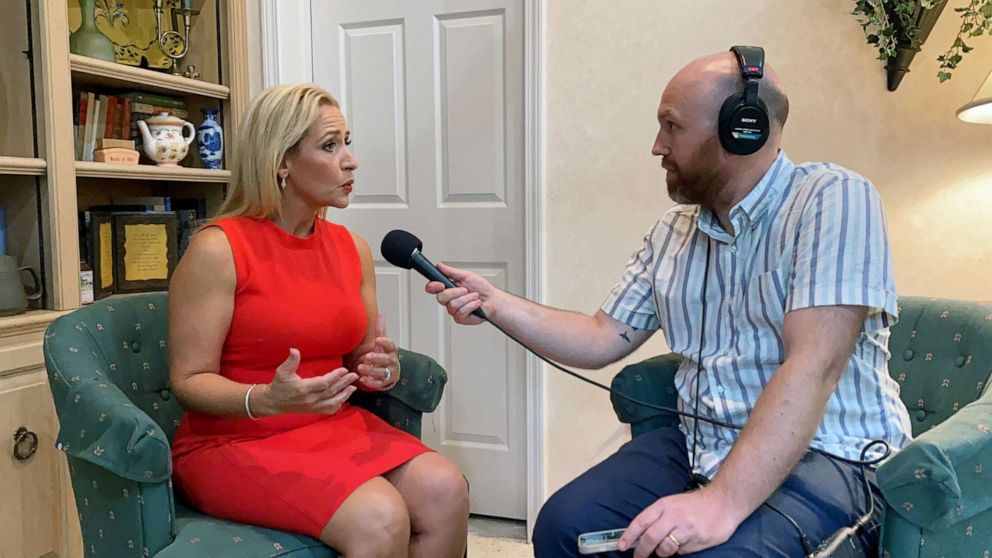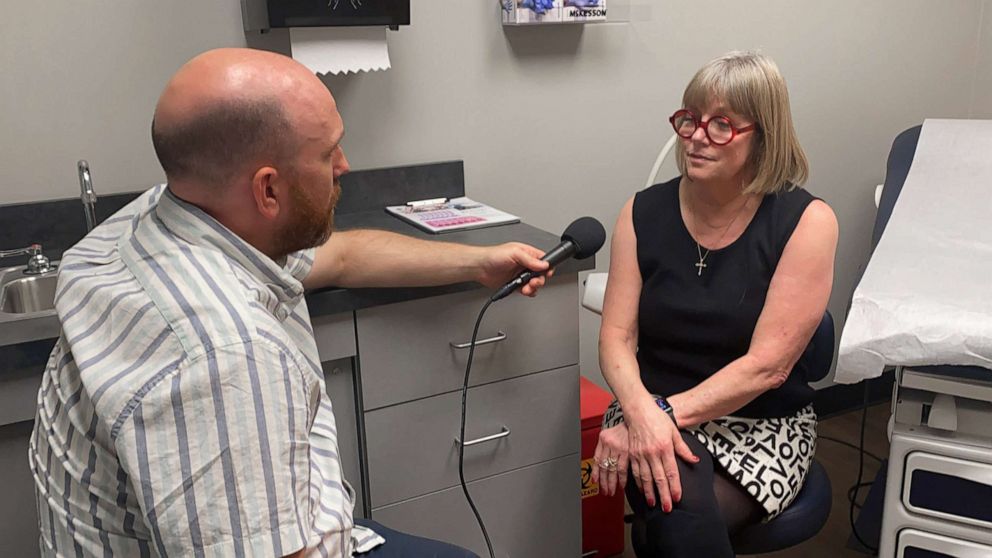Planned Parenthood clinic doctor details hard decisions following state's abortion trigger law
Dr. Janet Cathey, the lead physician at the Planned Parenthood in Little Rock, Arkansas, said her team spent weeks prepping for the end of legal abortions in her state in anticipation of the Supreme Court striking down Roe v. Wade, but she still couldn't quite wrap her head around how quickly it all ended with the ruling Friday morning.
"I just thought we'd have Friday and Saturday," she told ABC News' "Start Here" podcast. "I was just banking [on it]. I told patients, 'you've got to get in here. If you get in here this week, I think we'll be OK.'"
Arkansas was one of the first states to trigger its "trigger law," which outlawed the vast majority of abortions in the state, just hours after the court made its decision on June 24.
The Little Rock Planned Parenthood scheduled its first appointment that day at 10 a.m., but within minutes patients were being told their appointments were canceled.

Despite all the news about Roe being potentially overturned, many of the patients weren't looped into the news enough to know this possibility was even on the radar, according to Cathey.
"We had patients that we called that said, 'No, I'm almost there. I'm in my car,'" she said. "Most of them are just young people that are just trying to go to school, and live their lives, and take care of their kids."
Cathey said she fears that women who are seeking abortions will have to struggle more and live with long-lasting repercussions as the number of legal clinics and facilities are shut down throughout the South.
Anyone who performs or attempts to perform an abortion can be charged with a felony punishable by up to 10 years in prison and a fine of up to $100,000, under the Arkansas Human Life Protection Act. The law provides an exception for when the patient's life is in danger but does not provide exceptions for rape or incest.
Cathey, who took ABC News on a tour of her facility's empty rooms Sunday, said that she saw more patients come out of neighboring states that enacted strict abortion bans in the lead-up to the Supreme Court case. Now, those patients will have to travel farther, and in some cases take a plane to seek a safe, legal abortion.

"Imagine a teenager trying to navigate this system," she said. "The laws are very confusing. The news is very confusing. I think a lot of women are not going to know where they can go."
Cathey added that many patients expressed concerns that they might be arrested or prosecuted for crossing state lines to get an abortion.
Arkansas Attorney General Leslie Rutledge, who put the law into effect on Friday, told ABC News' "Start Here" that her message to patients looking to seek legal abortion in her state is, "if they're not ready to be a mom then to be responsible."

She acknowledged that victims of sexual assault don't choose to become pregnant, but defended penalties for administering an abortion for those women, contending "we hurt for those women" but "those children and those individuals had the opportunity to live and for the women to punish an innocent life because some cruel evil person hurt her and harmed her...two wrongs don't make a right, as they say."
Rutledge said that she would focus on providing more resources to support the adoption of those babies, but didn't give specifics. Cathey and abortion rights proponents have criticized what they see as a lack of a safety net for those forced to carry a baby to term.
Rutledge said that she would focus on providing more resources to support the adoption of those babies, but didn't give specifics.
The attorney general declined to discuss the possibility of criminalizing Arkansas residents who travel out of state to get an abortion, claiming "that's a conversation that we will be having at statehouses across the country."

Sitting in an empty examination room that will no longer be used for abortion services, Cathey blinked back tears, describing patients who suddenly don't know if their next move will break a law.
"It's any range of emotions. Some of them were patients who were mad and there were patients who cried," she said.
"That there's going to be a fear. It's going to be a public health issue," Cathy added.
This report was featured in the Monday, June 27, 2022, episode of “Start Here,” ABC News’ daily news podcast.





